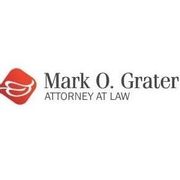
Bankruptcy Court procedure in Connecticut is unlike the type of Court procedure one is normally acquainted with, such as going before a judge to plead your case, whether it be civil or criminal. In a typical Chapter 7 case, and even in Chapter 13s, the party who files the case very rarely actually goes before a judge. The usual case is to go before the Chapter 7 or Chapter 13 Trustee, who is usually a lawyer who oversees your case and makes sure all the procedures are properly followed. If the rare case where you have non-exempt property, he collects it and pays creditors. But mostly he or she just goes over your paperwork to be sure it is correct and asks you some question as a short hearing that takes place in a meeting room (not a court room), called a 341 meeting. Your attorney will usually make sure everything is in good order prior to the hearing, which may take five or ten minutes. Prior to that hearing you supply him with various items such as tax returns and pay stubs so he can review your qualifications. Your attorney will usually collect the appropriate documentation from you and supply it to the Trustee ahead of time. About two months after the hearing the Judge will sign off on your discharge and you will be able to start fresh. Different rules apply in a Chapter 13. If you have any question as what to expect from a Bankruptcy Trustee of Judge, please feel free to call Attorney Mark O. Grater in Groton, CT at 860-449-8059.
About the Business
Have a question? Ask the experts!
Send your question

